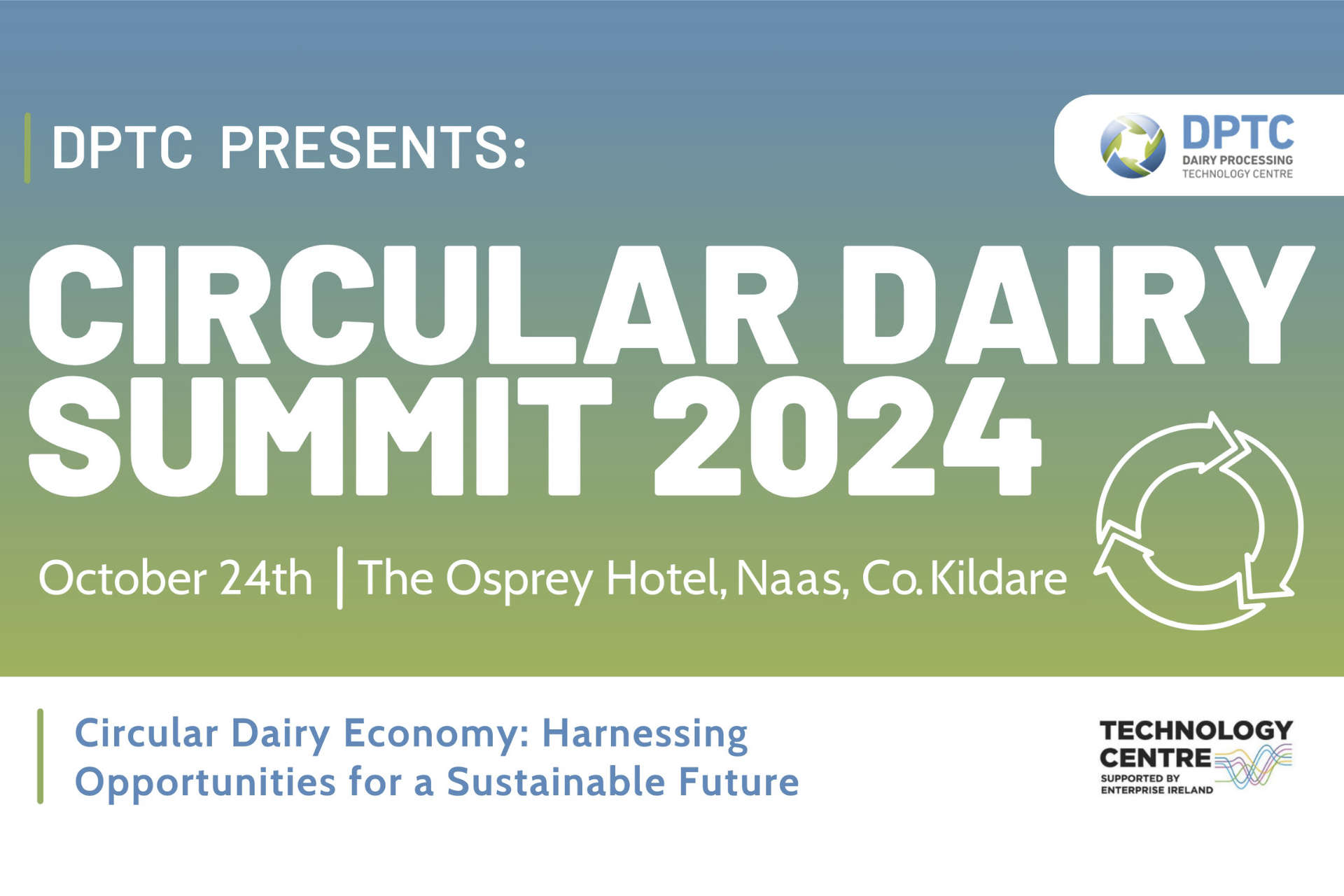Impact
DPTC is recognised as the “go-to Centre” for higher Technology Readiness Level (TRL) industry-led research in Ireland with an emphasis on knowledge transfer that brings technical and process advances to industry.
DPTC is founded on an ethos of partnership and collaboration. The collective power of our academic and industry partners harnesses the synergistic capability, knowledge and expertise to address our industry-defined projects, delivering impact and enabling change in our organisations.
DPTC Impact
DPTC Success Stories
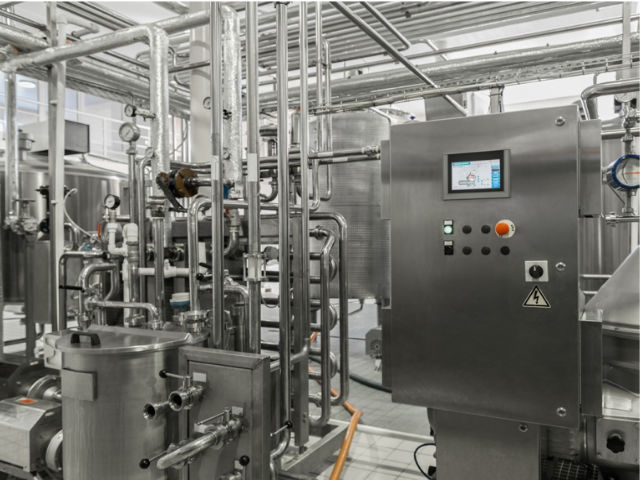
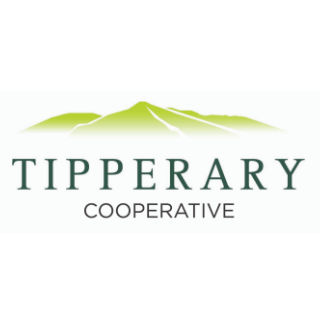
SENSOR FAILURE INVESTIGATION LEADS TO IMPROVED PROCESS PERFORMANCE AT TIPPERARY CO-OP
Challenge
Sensor fouling may provide inaccurate information or none at all, which prevents a system from making changes to the CIP program, e.g., rinse step may be extended several times above target duration due to inaccurate conductivity readings.
DPTC Research
DPTC visited Tipperary Co-Op in December 2021 to carry out on-site measurements on specific unit operations applicable to the production of skim milk powder (SMP). Several issues related to sensor failure were observed and corrective action recommendations were made by the team to Tipperary Co-Op.
Impact
“Carrying out the corrective actions recommended by the DPTC team has improved our process performance on site for the cream rinse function. Furthermore, the new rinsing regime implemented for cream tankers will reduce water at the unit operation”.
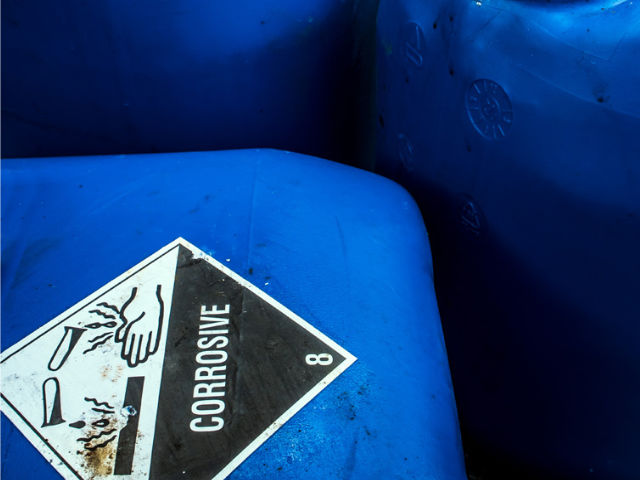
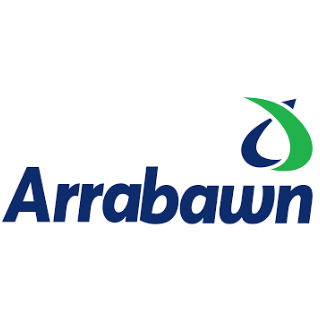
CORRECTIVE ACTION ON CONTAMINATED CAUSTIC ACID TANKS POTENTIALLY SAVES ARRABAWN €15,000 TO €20,000 PER ANNUM
Challenge
Whey solids were contaminating the caustic tank during CIP at Arrabawn. This led to high usage of caustic from more frequent servicing of the CIP centre.
DPTC Research
The DPTC team investigated the CIP validation procedures at Arrabawn and discovered crystallisation tanks were not flushing properly due to poor drainage. The new validation approaches the DPTC team introduced led Arrabawn to this key finding.
Impact
“Following the DPTC team’s validation program, we were able to identify and rectify this significant issue. Their fresh view on the area highlighted an issue that had not been fully realised. This work has a potential saving on caustic usage”.
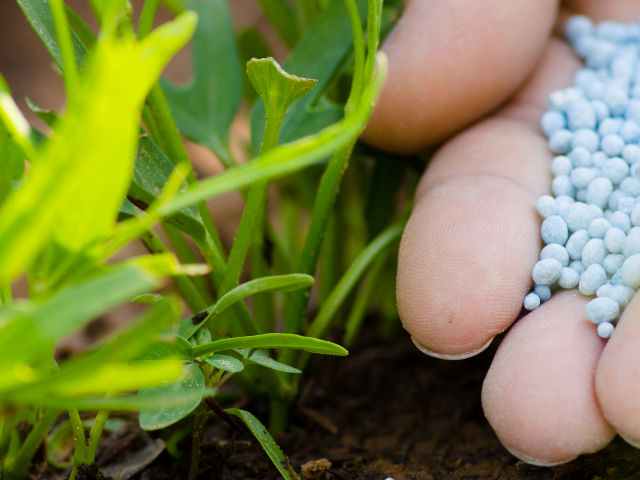
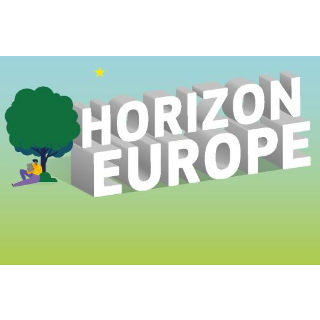
MITIGATING THE ENVIRONMENTAL IMPACT OF DAIRY PROCESSING WASTE THROUGH PHOSPHORUS RECOVERY
Challenge
Losses of Phosphorus (P) through dairy wastewater cause environmental damage, putting food safety at risk. The production of dairy products such as cheese and yogurt produces P-rich dairy processing waste: as a whole, the dairy industry is the EU’s largest industrial food wastewater contributor and one of the main sources of P-rich industrial effluent.
DPTC Research
REFLOW is a €3.5m interdisciplinary cross- sectoral European Training Network addressing technical and socio-economic challenges associated with recovery of phosphorous from dairy processing wastewater and its recycling into fertilizer products. REFLOW has 14 researchers, 24 industry and academic partners across 10 countries. Led by Prof. JJ Leahy at University of Limerick, other DPTC partners include Arrabawn, Teagasc and the University of Galway.
Impact
REFLOW research is mitigating the environmental impact of dairy processing waste on soil and water; providing environmentally sustainable, solutions for crop nutrient management; and meeting the demand for skilled professionals to support the development of the recycled phosphorous fertilizer products market.
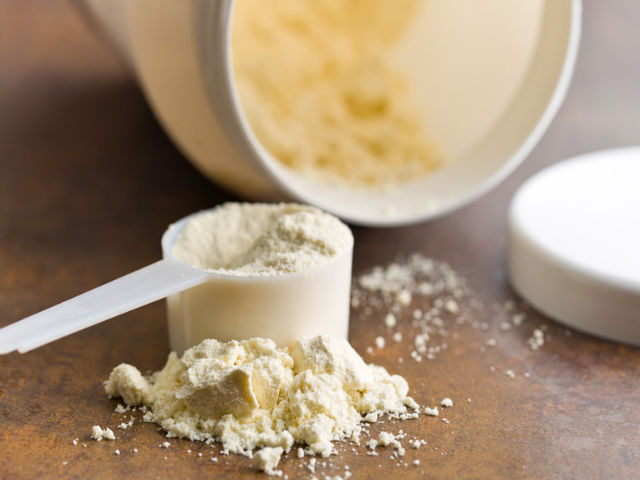
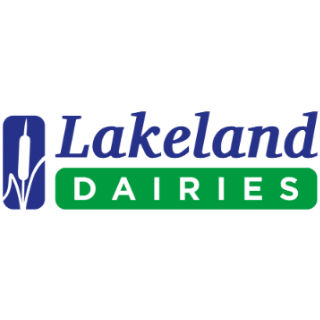
NEW PROCESS DEVELOPED FOR WHEY PROTEIN INGREDIENTS WITH ENHANCED THE HEAT STABILITY AT LAKELAND DAIRIES
Challenge
Thermal stability is a key property of dairy protein ingredients, as heat treatments are employed to maintain product quality and shelf life. Previously no neutral pH UHT stable whey protein ingredients appeared commercially available. The development of such ingredients could lead to commercialisation opportunities, supporting dairy processors in the dairy protein ingredient marketplace.
DPTC Research
A DPTC project on whey protein-based ingredients with enhanced functionality for application in protein dense end-products was carried out. This was followed up by an externally-funded (Enterprise Ireland) Innovation Partnership Programme with Prof. Dick FitzGerald (University of Limerick). These projects looked at alternative processes for whey protein manufacture, including enzymatic hydrolysis.
Impact
A new process was developed for whey protein ingredients with enhanced the heat stability (UHT stable), increasing the economic value of a co-product from dairy processing. From an environmental perspective, the use of enzymatic hydrolysis can minimize/reduce the use of chemical reagents - and from a health perspective, hydrolysed whey protein ingredients are associated with faster absorption in the human intestinal tract and therefore may help promote human health.
Sustainable Development
The Sustainable Development Goals are challenging and the DPTC, which provides an ecosystem for collaboration and innovation, exists to provide solutions to this challenge. Goals DPTC are working towards include:
Zero Hunger
Good Health & Well-Being
Responsible Consumption & Production
Climate Action
Life on Land
We Aim To:
Drive down costs and make the Irish dairy industry more competitive in the face of global competition through operational cost reduction in partner companies via efficiency gains.
Facilitate a step-change in the environmental sustainability of the Irish dairy industry through reductions in energy, water usage and wastewater.
Create, validate and commercialise a pipeline of science and technology platforms for products and processes that will enable partner companies to compete in new markets, partner with new customers and access new consumer opportunities through centre-enabled research and applied technology.

